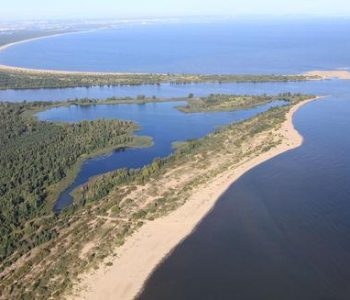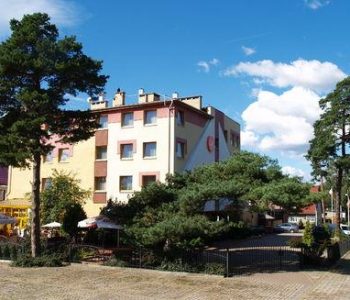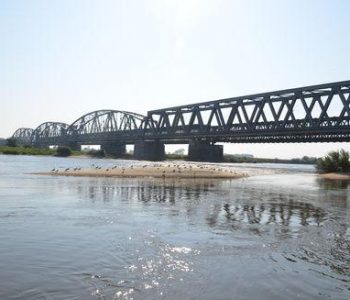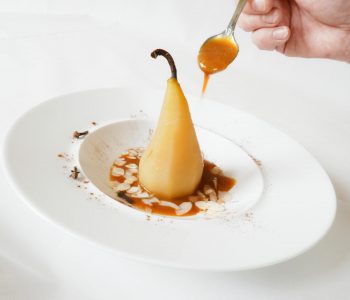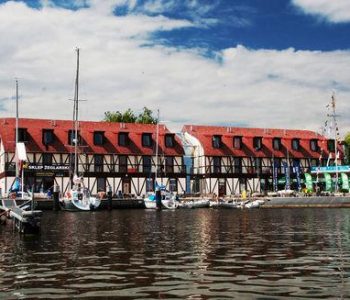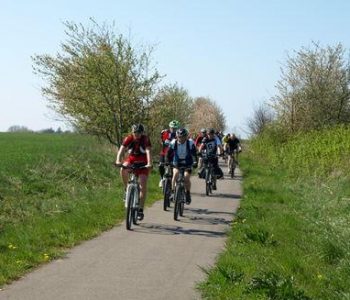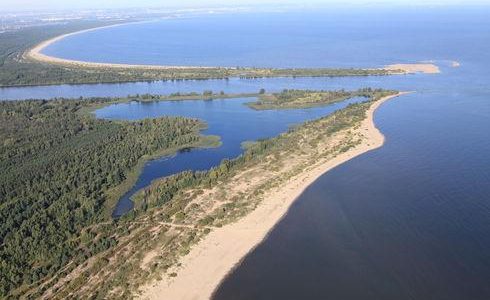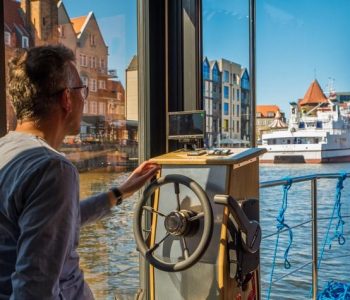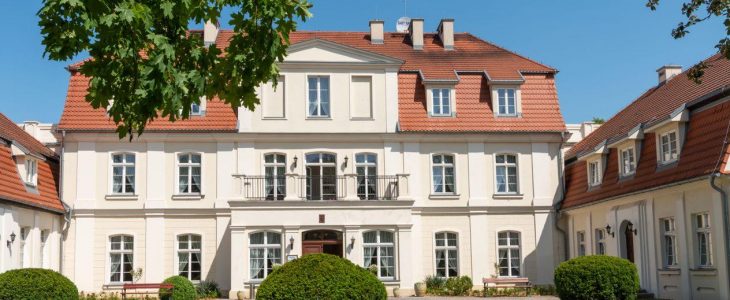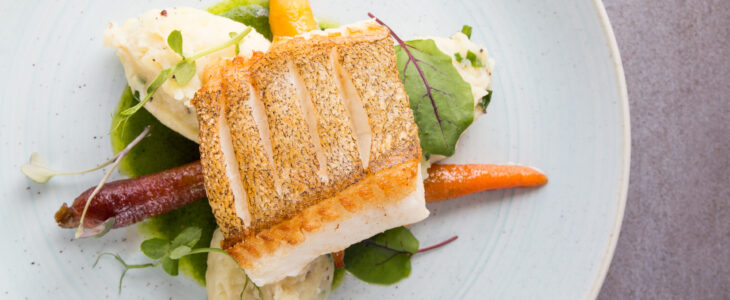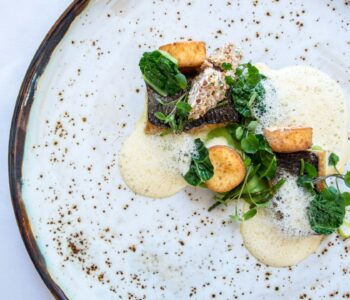The area called Sobieszewska Island is part of the strip of sea dunes which are classified as part of the Vistula Spit, separated from the rest of the world by the bed of the Dead Vistula (Martwa Wisła) from the south, the Brave Vistula (Śmiała Wisła) from the west and the Vistula Cross-out (Przekop) from the east. This place got its insular character in the 19th century when at first in 1840 the accumulated flow on the Vistula broke through the dunes in the Górki village and formed the new estuary called ‘The Gorge’ (Przełom), later named ‘Brave Vistula’ (Wisła Śmiała). By the end of the 19th century an additional, artificial estuary was created. It was called the Vistula Cross-out. Along the road leading along the southern edge of the island there are some settlements, and Sobieszewo is the biggest of them. The recreative traditions of the area go back as far as the end of the 18th century, but the heyday came around the 20th century, when substantial leisure and swimming equipment were installed.
The water-bird hatching areas of the Seaguls’ Shoal (Mewia Łacha) and Birds’ Paradise (Ptasi Raj) Reserves located on the island or in its direct vicinity are nesting places for hundreds of thousands of birds of over 300 species. Since 2003 the Birds’ Paradise Reserve has hosted an educational trail.
Among Sobieszewska Island’s attractions there is a nazi official summer mansion called “Forsterówka”, located in Orle, Mennonite gravestones in Sobieszewo and a small museum commemorating Wincenty Pol, a Polish writer, who came up with the name ‘Brave Vistula’ (Wisła Śmiała) – the official Polish name for the Gorge. The water-gate in Przegalina separating the Dead Vustula from its main stream, which was constructed by the end of the 19th Century, is a technical monument.
The seaside forest, several kilometres of wide beach, the opportunity to watch wild birds, and some unique tourist attractions, make Sobieszewska Island popular both among the tourists and residents of Gdańsk.
See more:
The Motława and Martwa Wisła Route – Through tulip fields to historic Gdańsk

